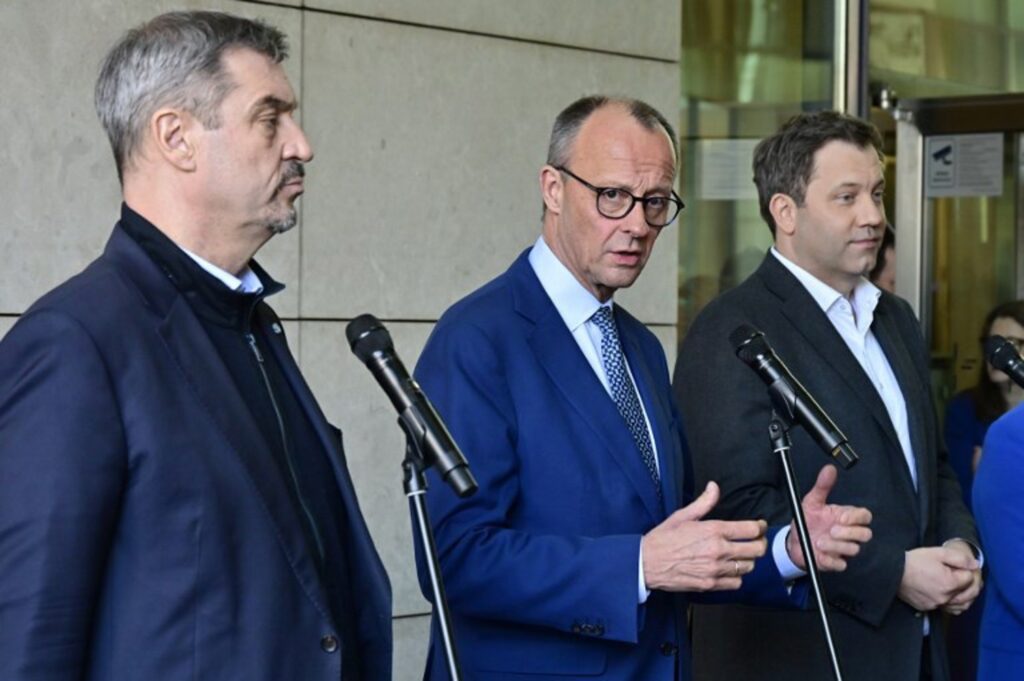The centre-right Christian Democrats (CDU) and their Bavarian allies, the Christian Social Union (CSU), along with the centre-left Social Democrats (SPD), have reached a coalition agreement to form a new Federal Government in Germany, they announced on Wednesday afternoon.
The coalition agreement, outlining the government’s plans for the next four years, was detailed at a press conference at 15:00 in Berlin. Negotiations, which concluded late Tuesday evening, extended into Wednesday to finalise the details.
According to media reports, the positions of Foreign Minister and Economics Minister are expected to go to the conservatives, while the SPD, led by outgoing Chancellor Olaf Scholz, will retain the posts of Finance and Defence Minister, with popular incumbent Boris Pistorius remaining in the latter role.
Following the anticipated agreement on Wednesday, Friedrich Merz could be elected Chancellor by the German parliament "in early May", a timeline necessitated by the SPD’s consultation process on the coalition agreement, according to conservative official Alexander Dobrindt.
This new government, formed a month and a half after the legislative elections, faces significant challenges including the automotive sector crisis, US tariffs, and political disputes over the budget.
The urgency is heightened by the far-right AfD party’s advancement. The party, which came second in the 23 February elections, is now leading the polls and chasing the conservatives who won the election.
An Ipsos poll published on Wednesday shows the far-right leading with 25% of voting intentions, nearly 5 points higher than their record election result, while the conservatives are at 24%.

